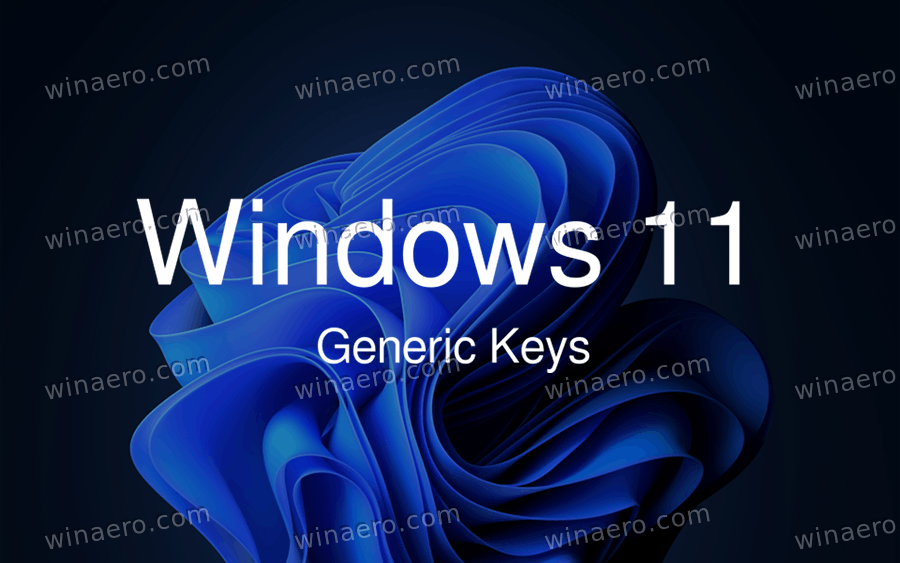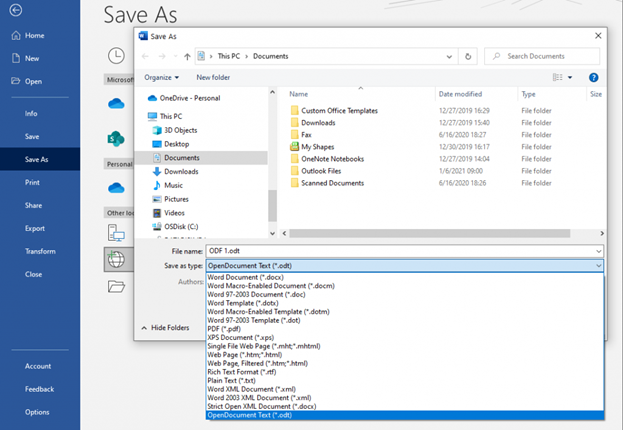Great Ideas For Picking Windows Microsoft Office Pro Activation Sites
Great Ideas For Picking Windows Microsoft Office Pro Activation Sites
Blog Article
Top 10 Tips On Return And Refund Policy For Windows 10/11 Pro/Home And Home Products
It's important that you understand the return and refund policies when purchasing Windows 10/11 Pro/Home license keys to ensure that you are protected in the event that the key isn't valid and doesn't function or isn't working as desired. Here are 10 important tips about refunds and returns
1. Before purchasing, make certain to read the seller's return/refund policy.
Before purchasing, make sure you read and understand any refund or return policy. This will allow you to be aware of the options available if the key does not work, is not valid or does NOT match your expectations.
Software licenses can be more restrictive than physical products.
2. Look for a Money Back Guarantee
It is recommended to look for digital licenses that come with a guarantee of money back. The majority of reputable sellers provide a guarantee of a refund of 14-30 days if the product key is not valid or is not activated.
Since some companies offer refunds for physical items Be sure your policy explicitly includes the product's keys.
3. Activation problems are covered by the Return Policy.
Check if the return policy will cover activation issues, for example product keys that don't work. You want to be able swap the key with one that is functional if it doesn't work.
If the seller's policy prohibits refunds for digital products It is best to stay clear of purchasing from them, since you could end up with a non-usable key.
4. Be sure to read the specific return terms
Many digital key sellers impose conditions on returns, for example, requiring that the key not been used or activated. Check if the seller allows the return of keys which have already been activated.
Be aware of vendors who may request a screenshot of an issue or error to be reimbursed.
5. Know Your Rights with Consumer Protection Laws
Consumer protection laws in many areas (like those in the EU or U.S. states) may provide you with legal rights to get a refund for damaged or incorrectly advertised products, such as software licenses.
If the key doesn't function and the seller does offer an exchange, you might want to contact a Consumer Protection Agency or Microsoft to file a fraud complaint.
6. Be Wary of Sellers with No Refund Policy
Avoid sellers who don't refund or who have unclear return policies. An untransparent seller or flexibility in their refund policy may indicate that they are selling copyright keys or fake keys.
Review online reviews to determine if anyone has successfully returned or refunded products in the event of issues.
7. All Purchase Documents and Records
Keep all documents regarding the purchase. This includes receipts as well as order numbers. Additionally, any images showing that the key doesn't work should be kept.
The process of returning or reclaiming money will go more smoothly and speedier when you have the proper documentation.
8. Check the key right away after purchase
Try it out as soon as you get it. Don't put off testing for weeks or days to activate it. There is only an hour to exchange or return the key in case it's not working correctly.
It is important to turn on the key immediately if you don't have the key in working.
9. Utilize the support channels for vendors.
If your key doesn't work, you should contact the vendor as soon possible. Many sellers provide customer service to help with activation issues. You could get a replacement key or assist in solving the issue.
Make sure to keep all correspondence with customer support in case you decide to escalate the issue.
10. Understanding the refund process for digital products
Digital products have different refund policies than physical goods. It is important to be aware of the process for refunds for digital keys. You might need to provide certain information like your copyright, or any error codes you experience during activation.
If the process of refunding is complex, you could encounter delays or be required to provide additional information.
Additional Tips
Third-Party Resellers: When purchasing through third-party websites (such as eBay, Amazon Marketplace, or other online marketplaces), double-check the terms of sale for return and refund before purchasing, since they may differ widely.
Avoid Sellers that Do Not Offer a Refund Window: Sellers who do not accept returns or who has a strict return policy is usually an red flag.
Refund Delays. Keep in mind that refunds could take up to a few days. Be patient and follow-up with the seller should you require.
By understanding and following these suggestions, you'll ensure that you're protected in case the product key you buy for Windows 10/11 Pro or Home doesn't work or isn't activated properly. Beware of vendors that don't have a an explicit return policy. Have a look at the best windows 10 pro license key for site examples including buy windows 11 home, registration key for windows 10, windows 10 product key buy, buy windows 11, buy windows 10 pro license key, buying windows 11, windows 11 license, buy windows 11 pro, buy windows 11 pro key, windows activation key 10 and more. 
Top 10 Tips For The Type Of License Type When Buying Microsoft Office Professional Plus 2019/2021/2024
When buying Microsoft Office Professional Plus 2019 2024, 2021, or 2021 it is crucial to be aware of the different types of licenses available to make sure you're purchasing the right one for your requirements. Different licenses have different limitations, terms and support options. Here are ten suggestions to help you comprehend the distinctions between different types of license.
1. Learn about the primary types of licenses
Microsoft Office Professional Plus is available in several different types of licensing, including Retail, OEM, and Volume Licensing. Each type has their own terms and conditions.
Retail: A single-purchase that is usually dependent on a particular user. It can be transferred to a different device (within the same user).
OEM It is a device that can be only installed on the original device. It is not transferable. It is usually less expensive, but it's also less flexible.
Volume Licensing offers an option for flexible solutions for huge numbers of users.
2. Retail Licenses to allow flexibility
Retail licenses offer the most flexibility. It allows users to install Office onto your device and then transfer your license if you upgrade your computer. This is the best choice for individuals who need to upgrade their hardware or switch devices in the course of time.
3. OEM Licenses are Lower Cost
OEM licenses, while cheaper they are typically dependent on specific devices and can't be moved. They are intended for computers which come pre-installed Office from the manufacturer. If you're building or upgrading your own custom PC, an OEM license could save you some money, but they limit the flexibility.
4. Understanding Volume Licensing
The option of volume licensing is ideal for educational institutions, companies as well as government agencies. It is the most suitable alternative if you have to buy Office for a large number of users or devices. Office also offers benefits like central administration, a more simple deployment process, as well as volume discounts.
5. Multiple Device Licenses Multiple Device Licenses
Retail licenses usually include installation on one or two devices (e.g. desktop, laptop and laptop), while Volume Licenses can include hundreds or thousands of devices, contingent upon the terms of the agreement. Make sure you know how many devices the license will cover when buying.
6. Check for License Transferability
Retail licenses tend to be transferable (as when they are deactivated) across devices. OEM licences are usually locked on the first device and are not transferable. This is important if you change computers frequently.
7. Consider the possibility of User Licenses in contrast to Device Licenses
Certain licenses are assigned to users while others to devices. If you are purchasing Office software for an user who has access to Office across many devices and subscriptions you should look at user-based licences.
8. Evaluation of Support and Updates
Licenses for retail and Volume Licenses generally come with full support and regular updates from Microsoft. Contrarily, OEM licenses may have limited support, and the software might not receive updates until the device that it is tied to is not supported anymore by the manufacturer.
9. Understanding Upgrade Licensing
With an Volume License or Retail license, you may have rights to upgrade to the latest version of Office at a discount or through the Microsoft Software Assurance program (for Volume Licensing).
OEM licenses usually do not come with upgrade rights. It is possible to purchase a separate licence for upgrading Office to a later version.
10. Examine the terms of the License Agreement
When buying any version of Office Professional Plus, always examine the terms of the agreement for licenses offered by Microsoft. It lists any transfer restrictions, restrictions and rights for the use of the software across multiple devices or with particular purposes (e.g. commercial use as opposed to. private use). Knowing the terms will allow you to be aware of any unexpected limitations.
Conclusion
The kind of license you require to use Microsoft Office Professional Plus 2019 2020, 2024 or 2030 is determined by your specific requirements. Knowing the distinctions between Retail, OEM, Volume Licensing and Volume Licensing helps you make informed decisions about flexibility, cost support and scaling. Be sure to read the license conditions prior to buying an item. Read the best Office 2019 for more examples including Ms office 2024, Microsoft office professional plus 2021, Office 2019 professional plus, Office 2019, Office 2019 professional plus, Office 2021 key, Office paket 2019, Office 2019 professional plus, Microsoft office 2024, buy microsoft office 2021 and more.